
Who pays more and at what cost? Financing models in CEE
As Hungary and Romania face higher interest burdens, Czechia, Slovakia and Poland benefit from stronger institutional and financing frameworks.

As Hungary and Romania face higher interest burdens, Czechia, Slovakia and Poland benefit from stronger institutional and financing frameworks.
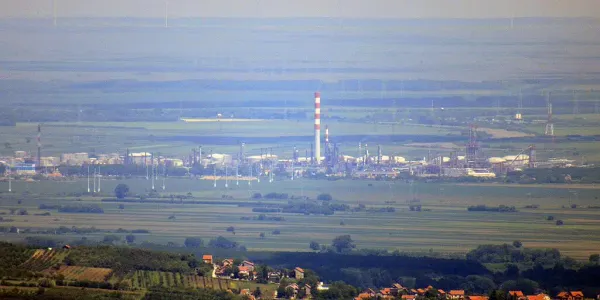
Hungary’s MOL nears a majority stake in Serbia’s NIS, bringing the Pančevo refinery and NIS assets under its control once U.S. sanctions lift.
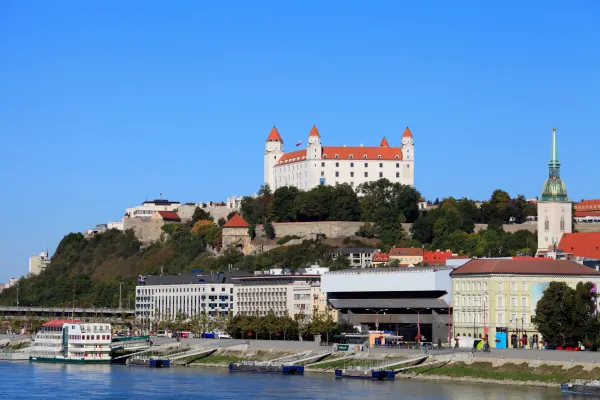
Slovakia’s new criminal code triggered a constitutional challenge by the country’s Prosecutor General and ignited controversy at home and abroad.
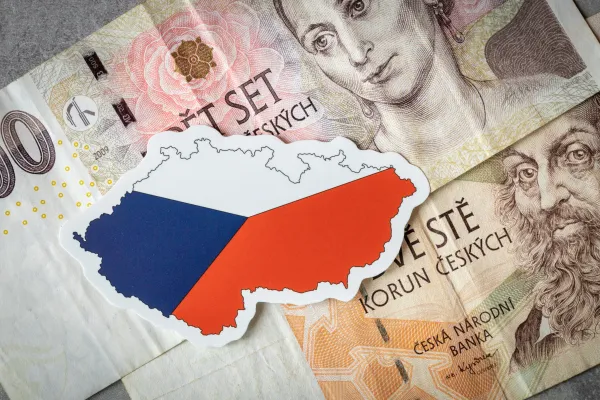
New year, new fiscal rules: The Czech Republic has entered a period of provisional budgeting after the new coalition rejected its predecessor's draft.
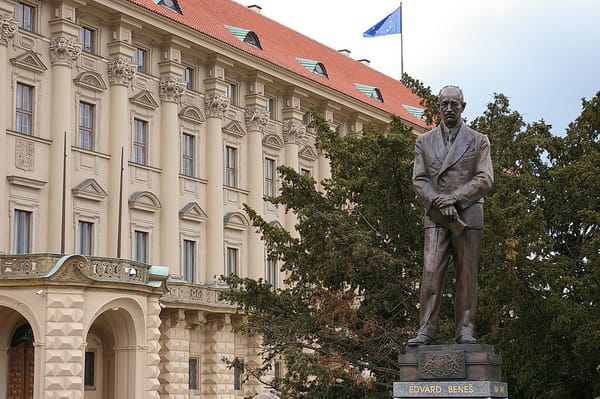
Slovakia’s debate over the Beneš decrees resurfaces grievances about postwar property rights while serving new aims in domestic political bargaining.
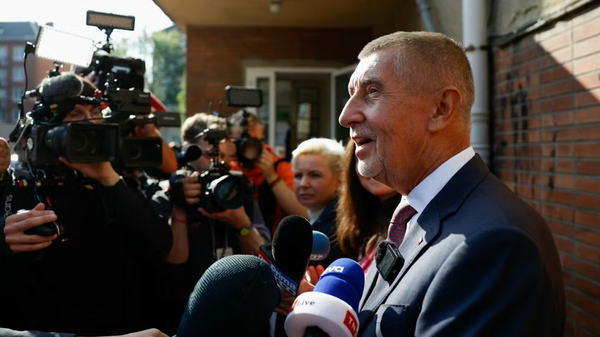
Babiš unveiled a plan to resolve the Agrofert conflict of interest, a step required to secure his appointment as Prime Minister.
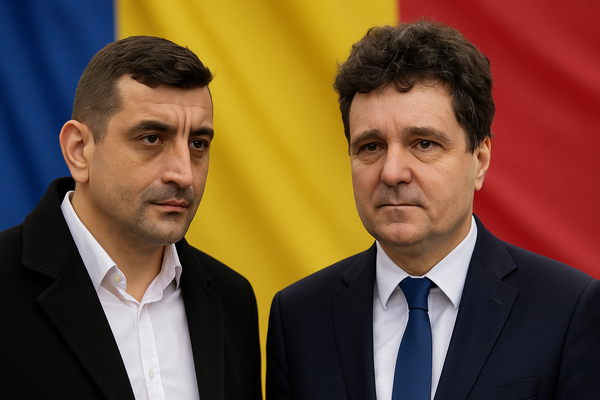
First they laughed off George Simion as a fringe agitator. Now, with a commanding first-round lead behind him, the ultranationalist is one step away from Romania’s presidency. His opponent on 18 May, Bucharest Mayor Nicusor Dan, is racing to unite the fractured political centre to stop him. Romania'
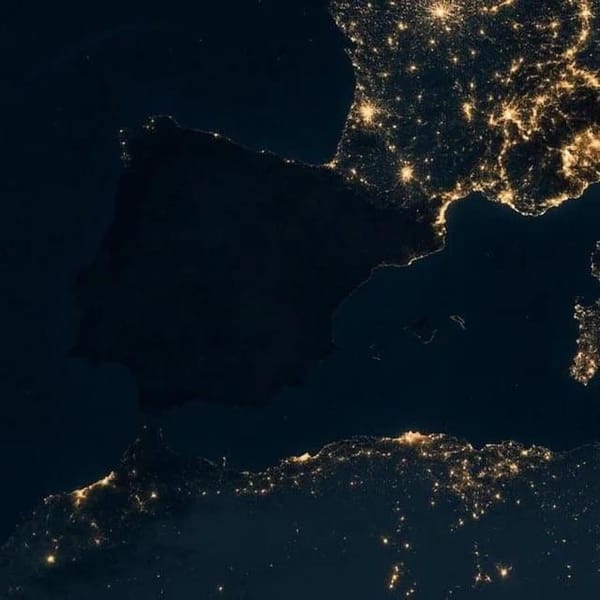
Hungary currently leads the world for share of solar energy in its energy mix, as it generated a quarter of its domestic electricity from photovoltaic panels in 2024. However, the recent massive blackout in Spain and Portugal served as a reminder of the challenges involved with high reliance on renewable
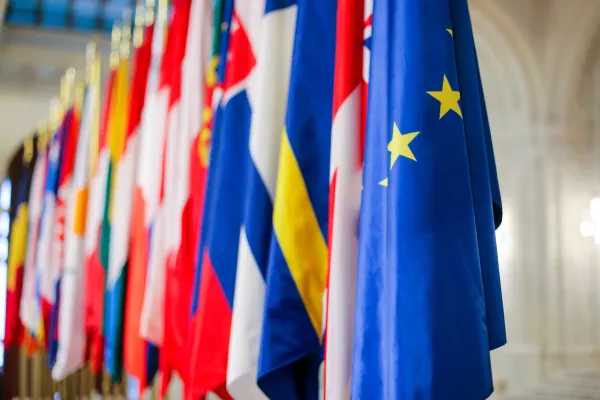
The EU’s internal market is still falling short of its founding promise. Despite decades of integration, consumers across member states face uneven product quality and varied prices. This is due to regulatory fragmentation in two main forms: Territorial Supply Constraints and gold-plating. TSCs occur when suppliers block cross-border sourcing
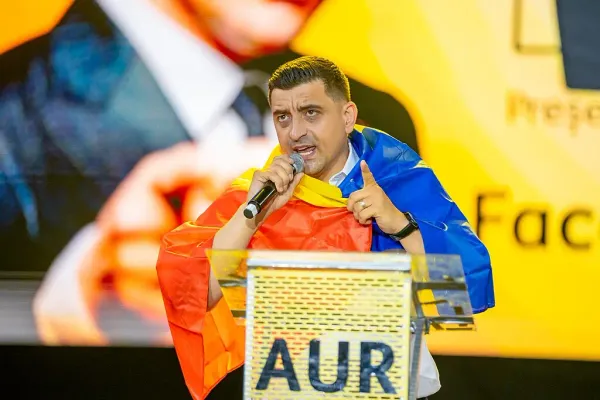
Romania will hold fresh presidential elections on 4 May, after its Constitutional Court annulled November's vote, citing Russian interference. However, the decision to disqualify nationalist frontrunner Calin Georgescu has seemingly propelled far-right leader George Simion into a commanding position, fuelling concerns about the direction of Romanian democracy. Generational
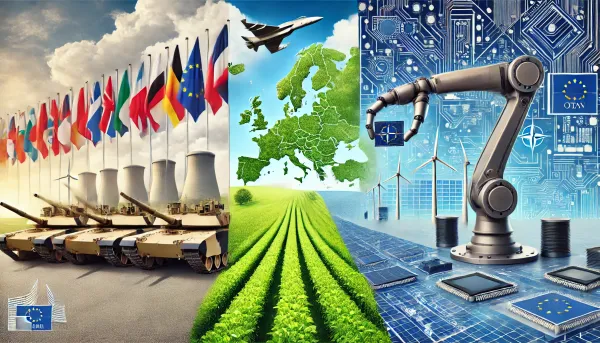
European leaders met in Brussels on 20 March to confront a mounting policy dilemma: how to balance rearmament, the green transition, and economic competitiveness. The discussions come amid slowing growth, high energy costs, and growing strategic insecurity — all while EU fiscal rules remain in place. At the heart of the
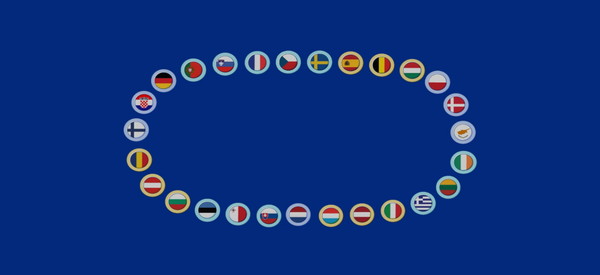
As Belgium assumed the EU presidency on 1 January, with a rallying cry of “Protect, Strengthen, Prepare”, Belgian Prime Minister Alexander de Croo’s said he is charting the course for a united and resilient Europe. His cautious and diplomatic approach was evident at the launch event of his six-month

With energy-intensive industries to sustain, Central and Eastern Europe (CEE) is turning to nuclear power to simultaneously meet energy needs and climate targets. Nuclear looks set to be around 50% of the energy mix of several CEE countries within years. The war in Ukraine transformed Europe’s energy landscape, and
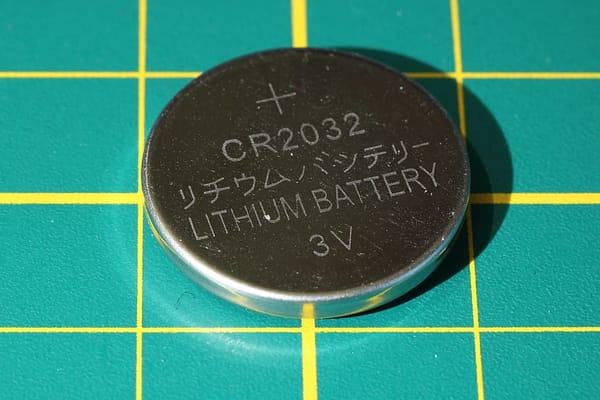
The EU’s mooted ‘critical raw materials (CRM) law’ would strengthen the EU’s autonomy by reducing its reliance on third countries for the supply of essential minerals for green energy and modern industry. Proposed recently by the European Commission (EC), the legislation would mean the reopening of mines earlier

Geopolitics is leaving its mark on the arms race in Central and Eastern Europe (CEE). Countries are drifting further away from the concept of a united European armed force amid shifting geopolitical realities, mistrust and the revival of long-standing historical alliances. The rearmament of Europe lurched back onto the global